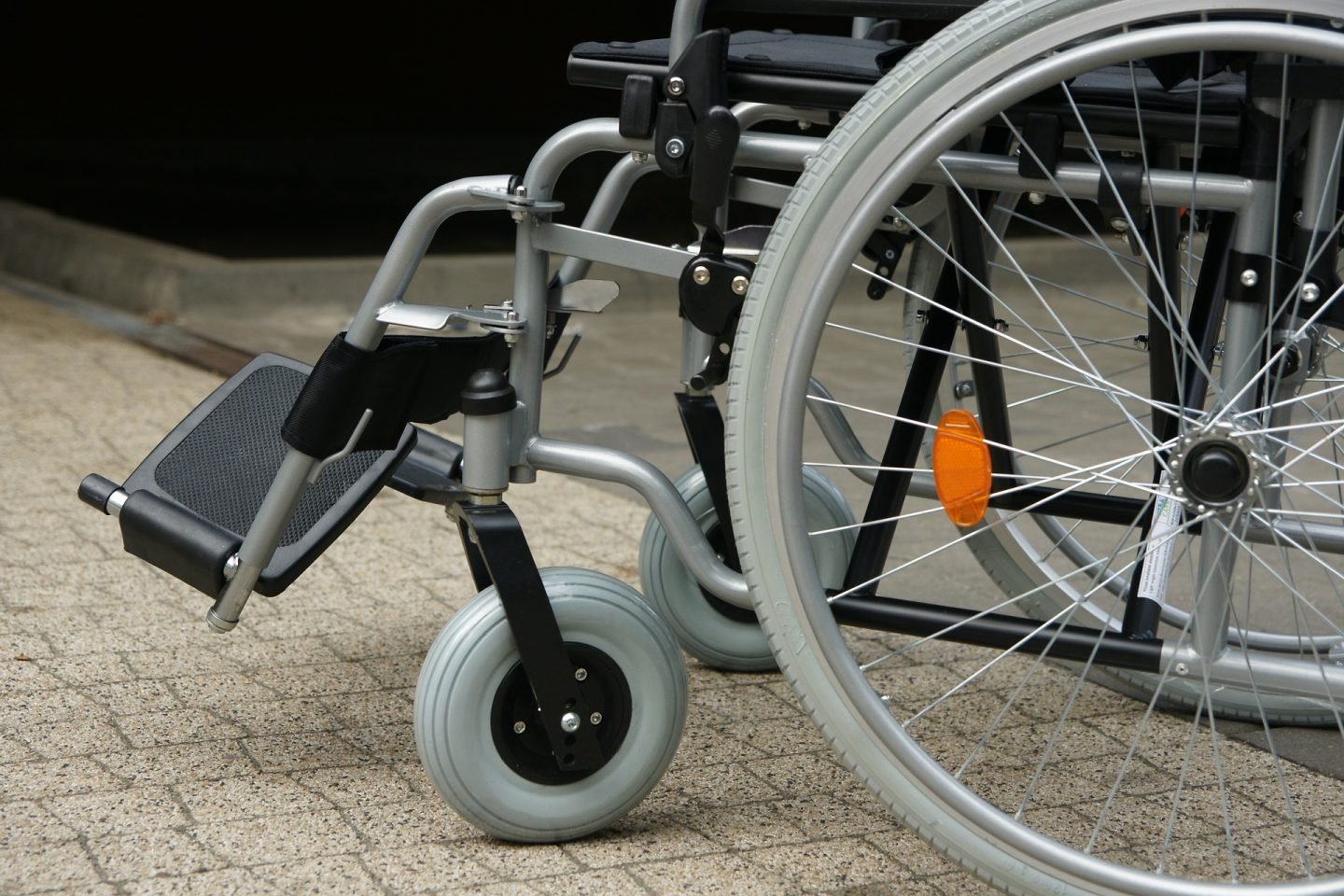
Disability is not inability. You probably come across this statement often when you read or watch the story of a disabled person. The topic of disability can’t be exhausted in one sitting or read, but frequent sensitization would make the world a better place.
Differently-abled persons are not just physically impaired people like the blind, deaf, or those in wheelchairs. They also include people with cases as autism disorders and intellectually disabled persons. Finding ways to interact with this group of people would make life worth living for all of us. There’s support groups like Elevate support care who are incredibly helpful with assisting in differently-abled persons.
Below are five helpful ways to aid differently-abled persons.
Creating a Friendly Environment to Co-exist
Everyone desires to be in an environment they feel appreciated and loved. It’s no different when dealing with people with disabilities. There are different ways to do this. For example, if it is at the workplace, school, you need to install essential facilities such as a pride go go scooter to aid their movement.
Image Source: Pixabay.com
The disabled should feel like part of society without being looked down on, for example, job opportunities at the workplace. Good Sammy Disability Employment Services in Perth provides individuals with disability access to employment opportunities, specialist advice and tailored support.
Always treat them with respect like everybody else, without making them feel like they have some awfully special feature that sets them aside. For instance, it’s not polite to be loud when talking to the deaf. Just talk normally and allow the deaf to follow the speech or use sign language.
Inclusion of Disability Lessons in the School’s Curriculum
It is said that when you teach a child something at an early age, they can never forget it. Just like you learned how to read and write at a very young age, interaction with different people should be a topic that shouldn’t be overlooked. Teachers should teach these valuable skills to both well-abled and the differently-abled.
It will aid in interacting with the differently-abled, socially, or even professionally for the well-abled. For the differently-abled, it will help in learning to appreciate themselves from an early age. It also ensures the differently-abled don’t feel different when hanging out or working with the rest of the world.
Image Source: Pixabay.com
Consult with Them before Lending a Hand
Kindly avoid overlooking their opinions when working or interacting with them. If he has a caregiver, don’t just ignore him and focus on the caregiver. They are just disabled but are still human with a set of brains and can coordinate and have their preferences.
Consult with them by ensuring proper eye contact where possible, and give them a chance to offer their opinions. Engage with them and allow them to contribute their knowledge or make their free choice.
Also, avoid concluding that they need help. Such a move can be intimidating and can make the disabled feel like they cannot. Disabled individuals already receive help from government-backed support such as the NDIS and support coordination in Australia. Just because they are differently-abled doesn’t necessarily mean they have not adapted.
Image Source: pixabay.com
Don’t Invade their Personal Space
We all need some privacy at times. Just like everyone, differently-abled people need it. They also value their personal space and are likely to get offended when invaded. Some people with disabilities could use some form of support, for example, wheelchairs or walking sticks. It is not polite to assume you can ride on the support.
For example, it is rude to use their wheelchairs as a support system when you feel tired. Despite how genuine you are, using their wheelchair to make yourself comfortable isn’t right.
In such a case, if you are not very close with the person in a wheelchair, deny yourself that luxury and probably take a walk. Or you can politely request to use their support if the situation calls for that, and in a polite manner.
Try and Apply the “Golden Rule.”
Treat others as you would love to be treated. If only you could think of how what you do or say could affect the other party, life would be so much easier. Imagine a world where we cared about each other’s feelings before acting; nobody could feel left out.
That world is not far from the real world, and it starts with you. That is what the golden rule is all about. Try to make everyone enjoy the simple pleasures of this life.
Image Source: Pixabay.com
Conclusion
About 15% of the world’s population, close to over one billion people, live with a disability. 80% of this population lives in developing countries. That means at least one out of every five people has some form of disability. From this data, how good do you think life would be if everyone made the world such a beautiful and peaceful place to co-exist.
Strive to treat your neighbor with respect every day and make the disabled feel just as the rest of society.




